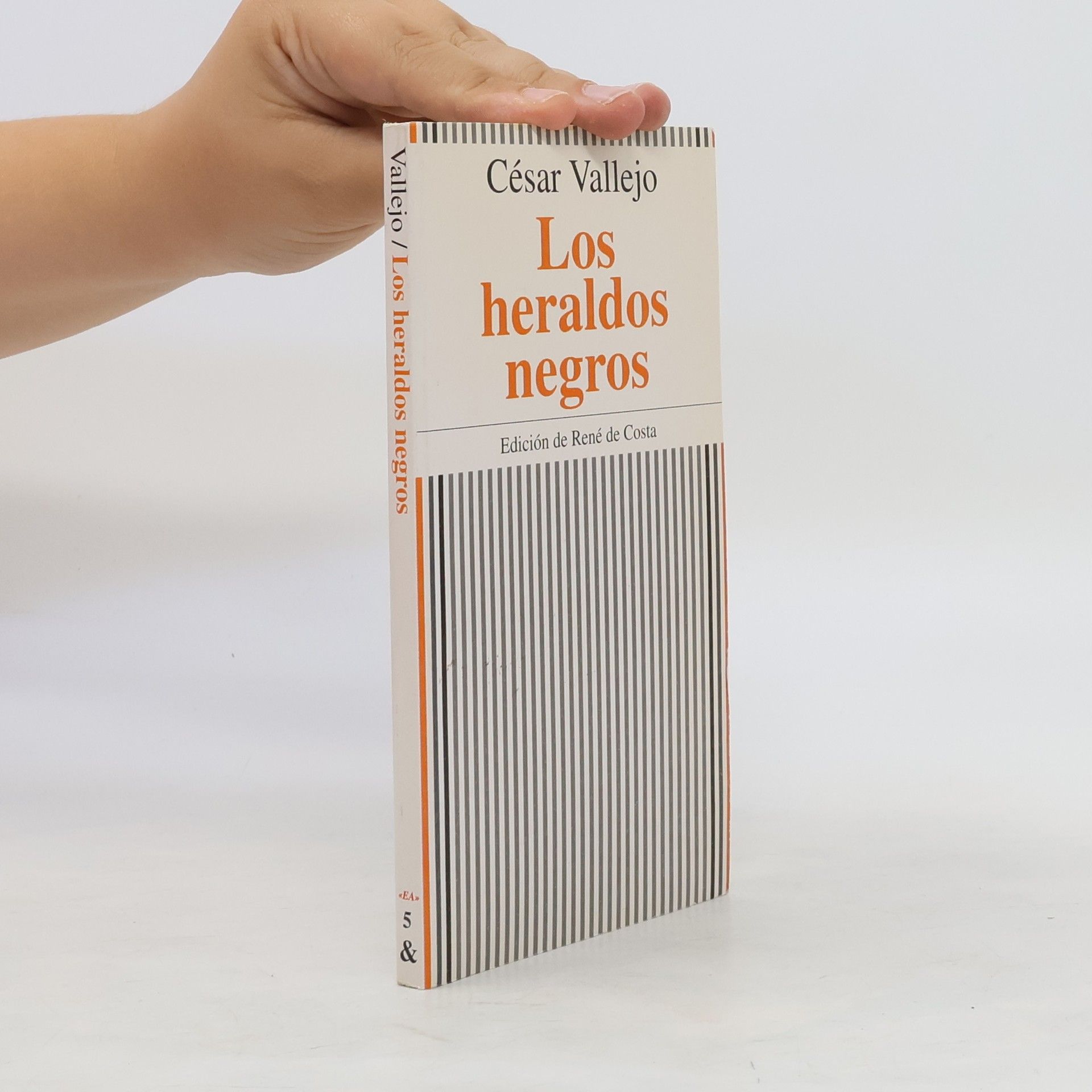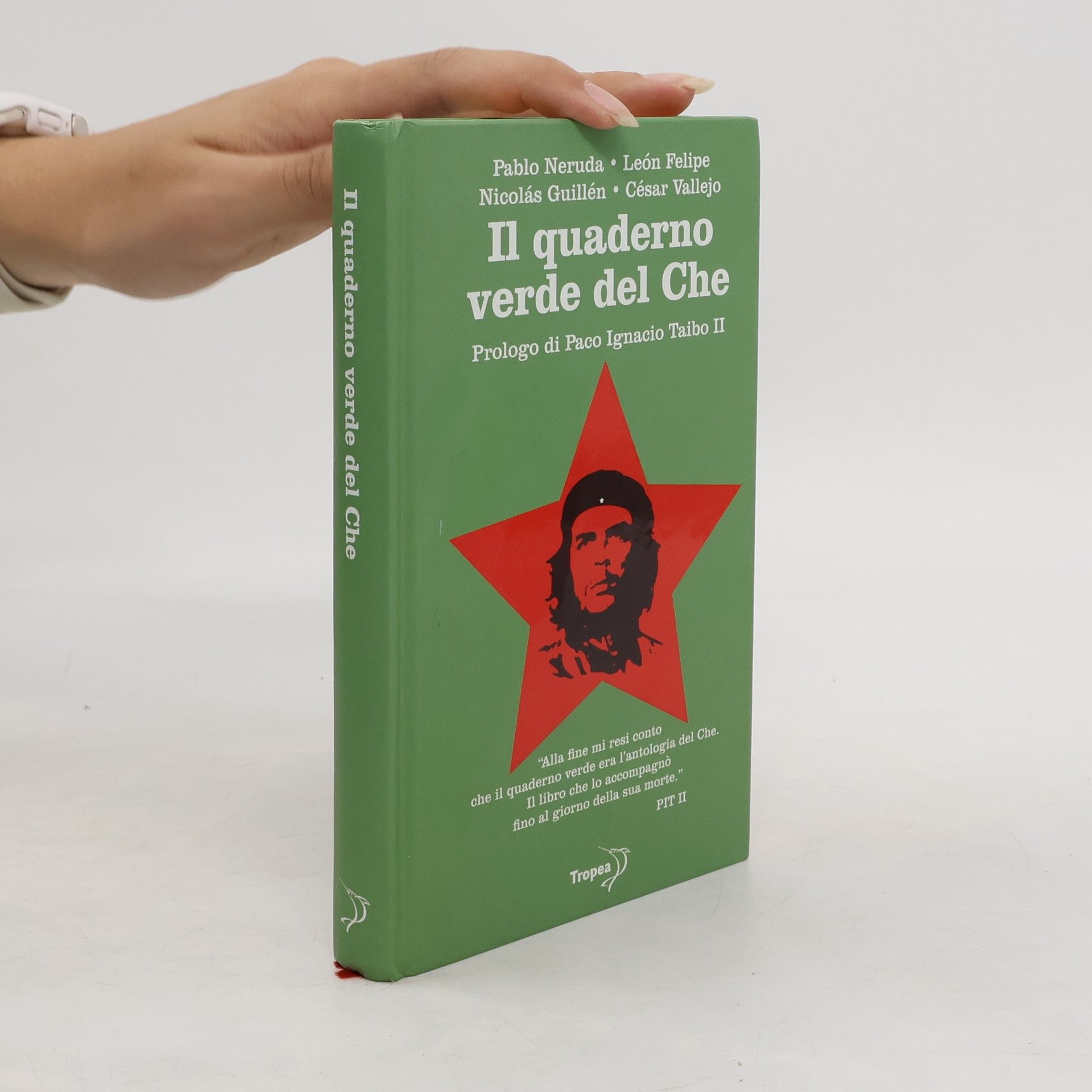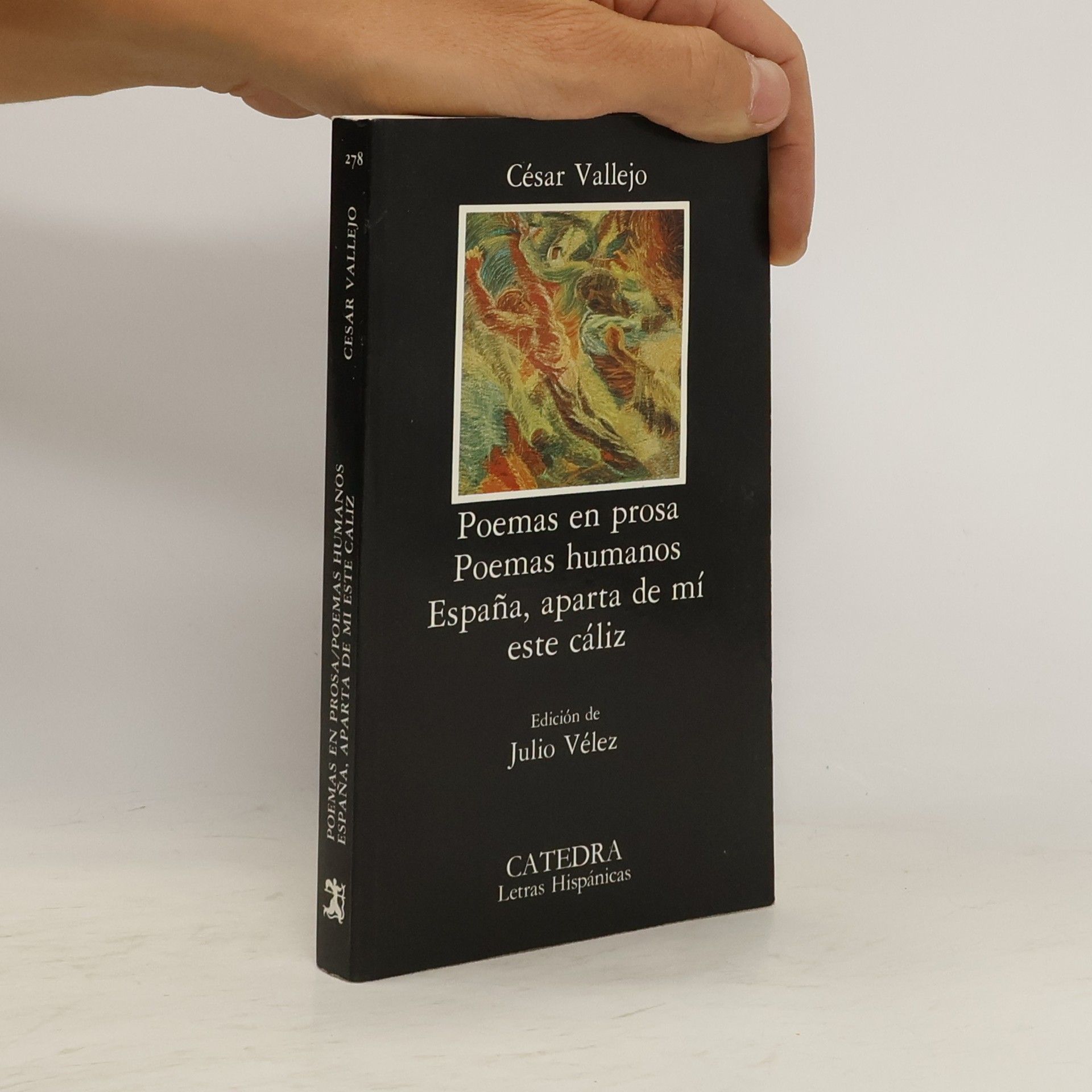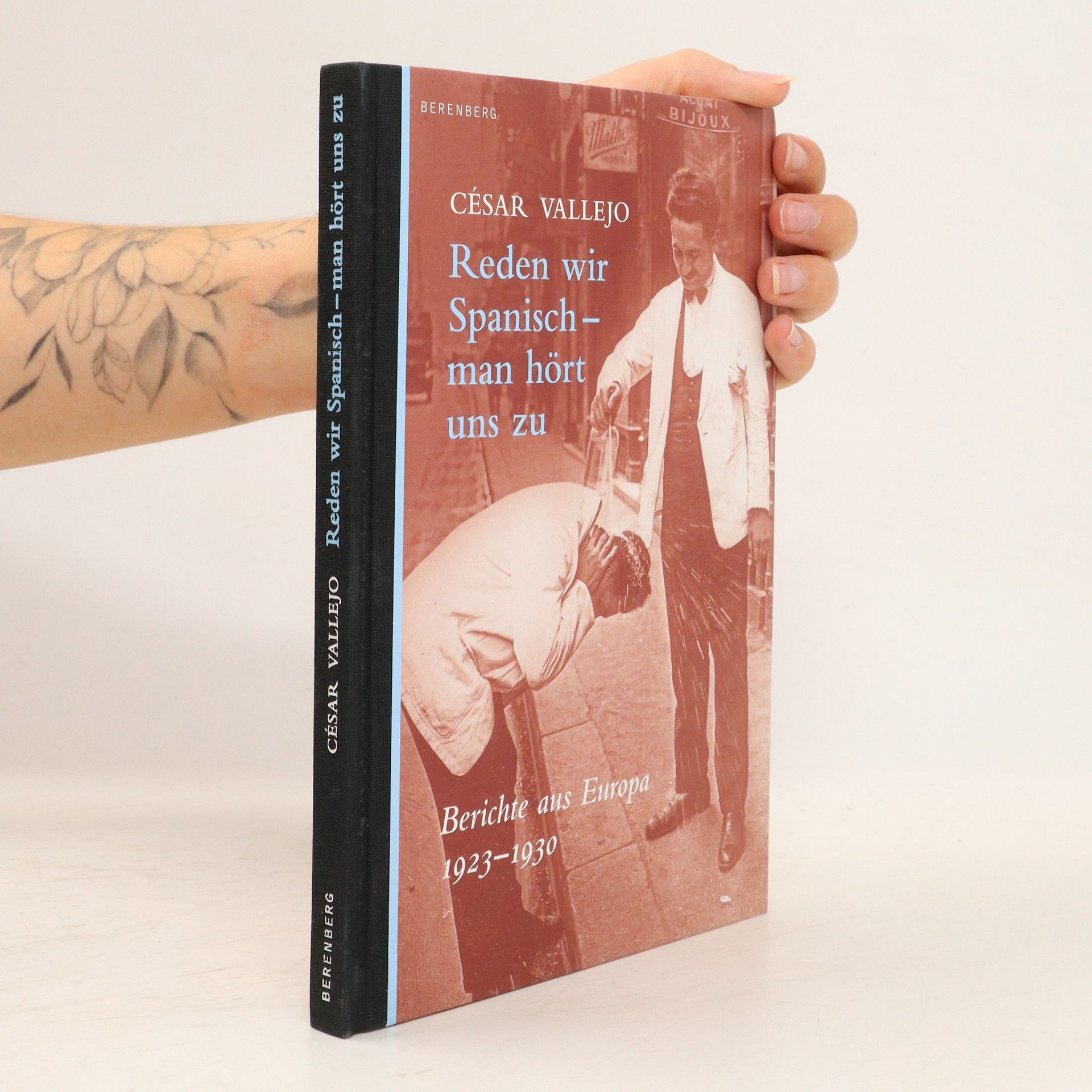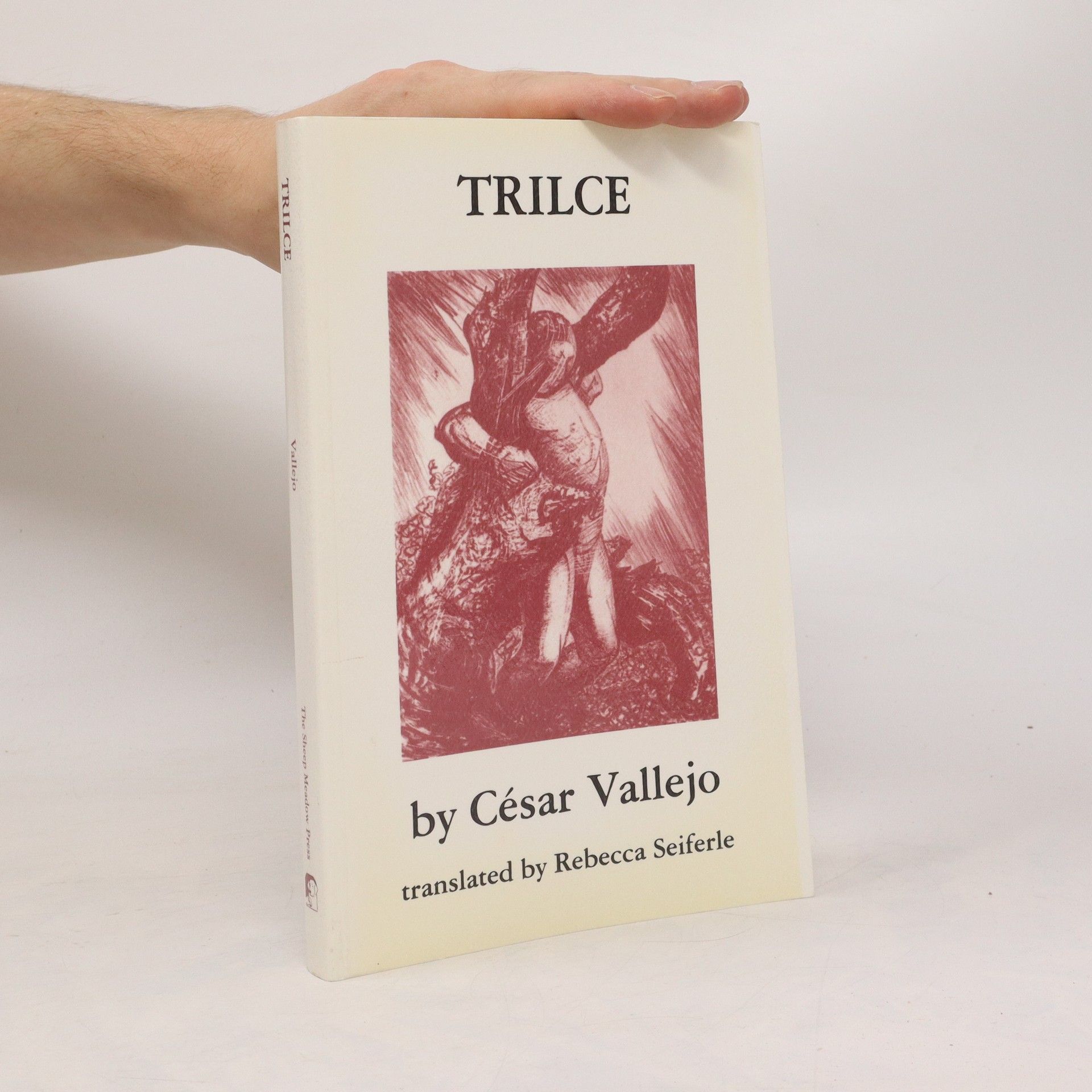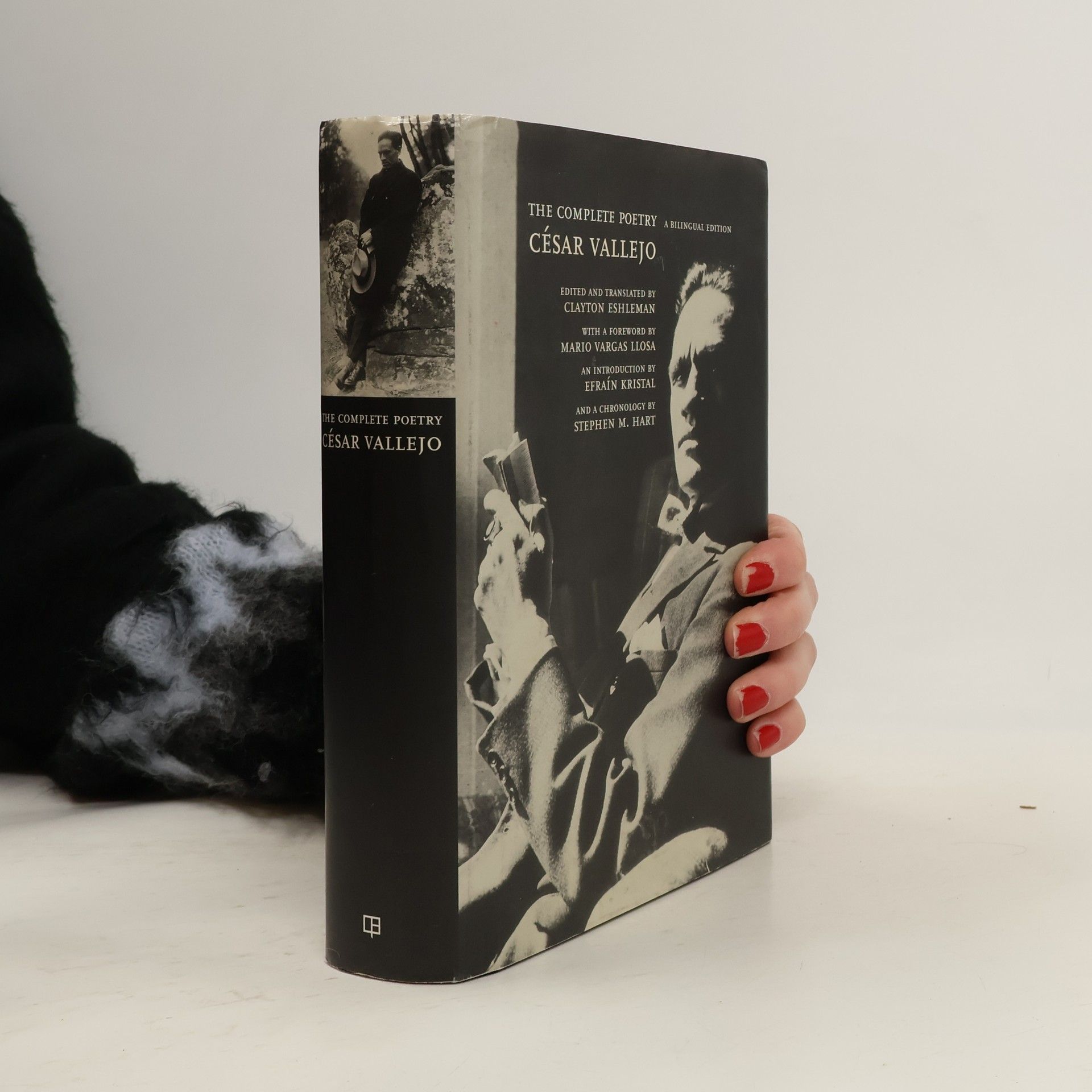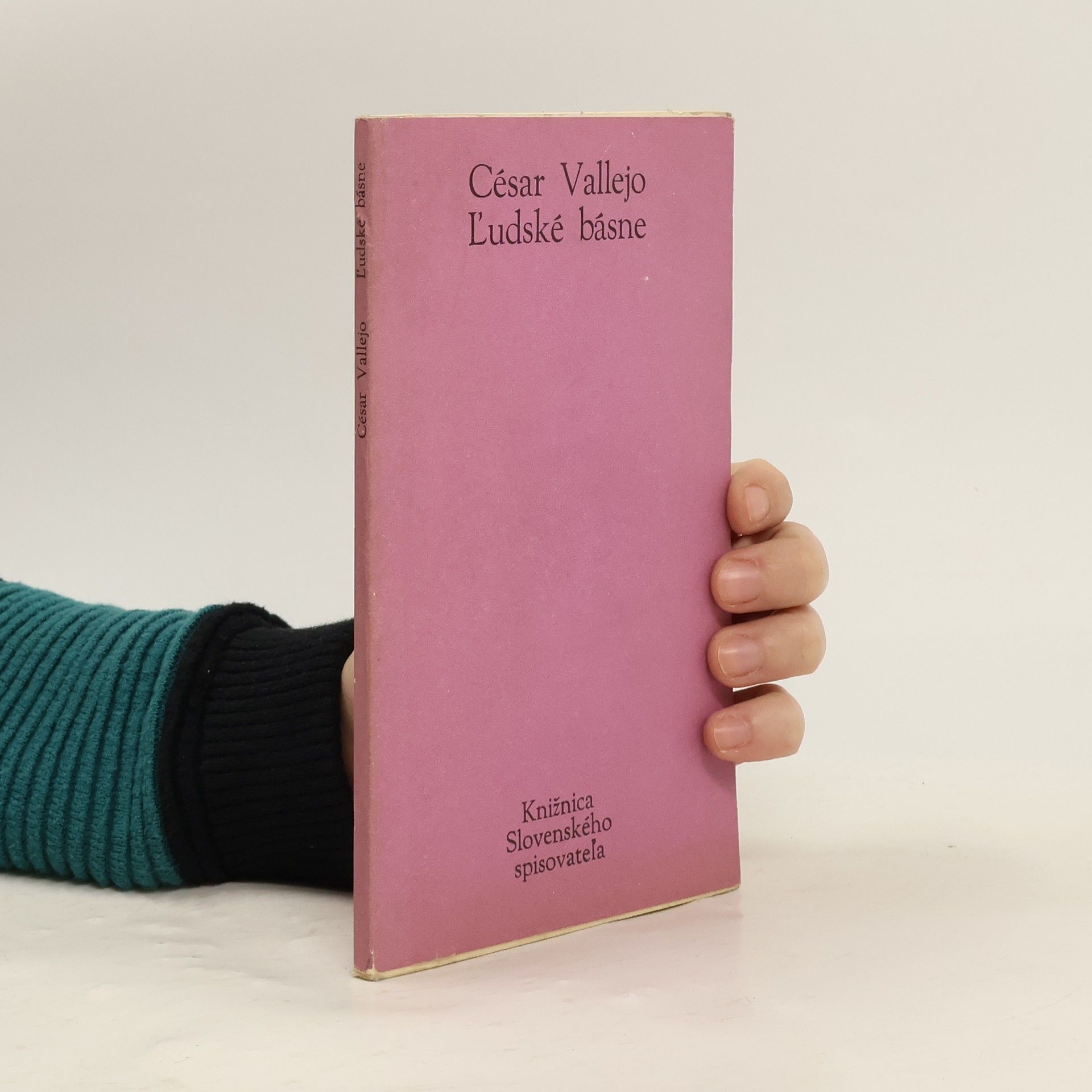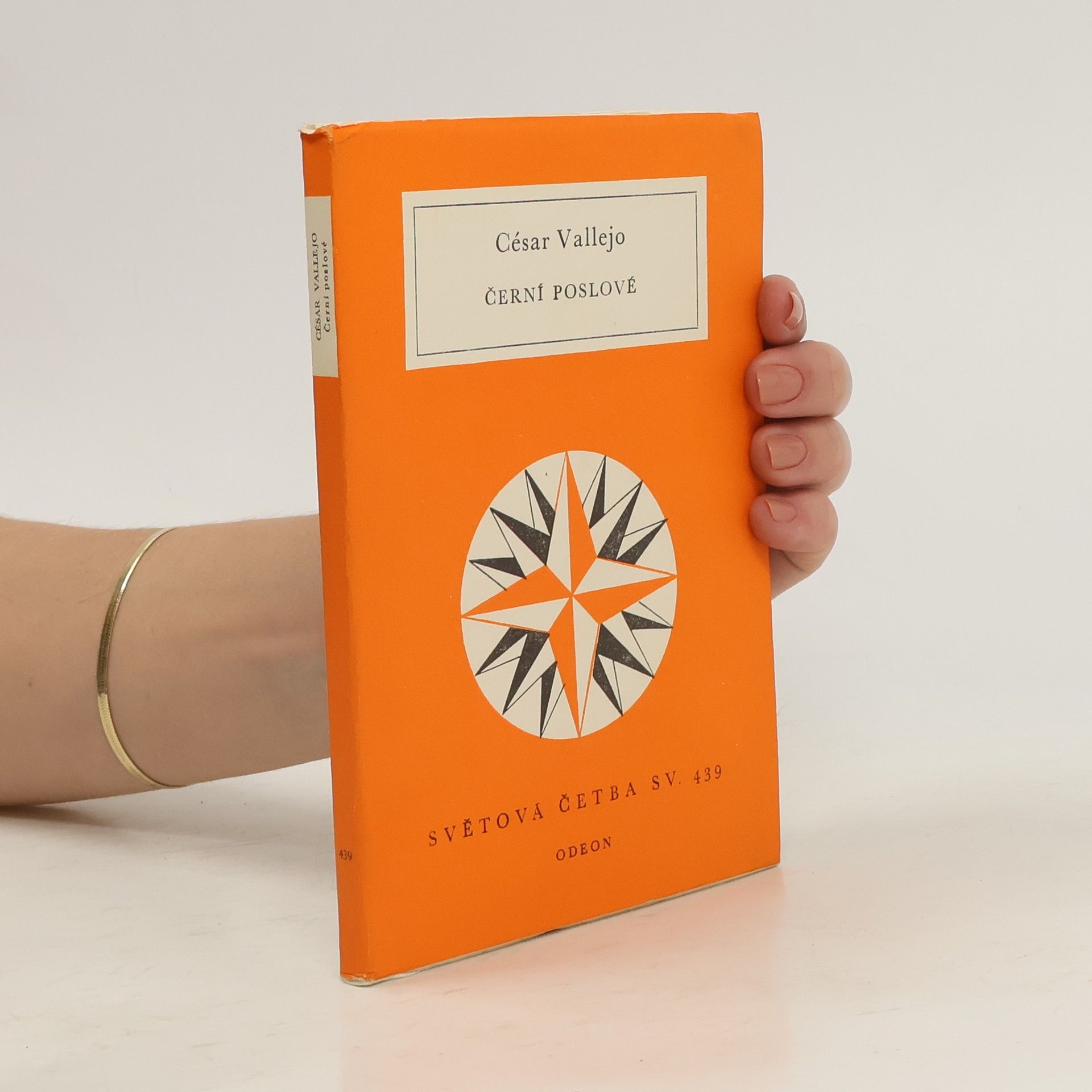Gedichte
Spanisch und deutsch. Übertragung und Nachwort von Hans Magnus Enzensberger
Mit César Vallejo (1892?-1938) hat nicht nur Peru sich in die moderne lyrische Weltdichtung eingeschrieben, sondern die junge Dichtergeneration Südamerikas hat in ihm ihr gerühmtes und angebetetes Vorbild entdeckt. Er ist des raffiniertesten Kunstdialekts spanischer Herkunft ebenso fähig wie der elementaren Ausdrucksweise der Peones. Das Ineinander von extremer Kunstsprache und vernutzter Redensart ist seiner Poetik nicht äußerlich: es macht ihren Kern aus.
